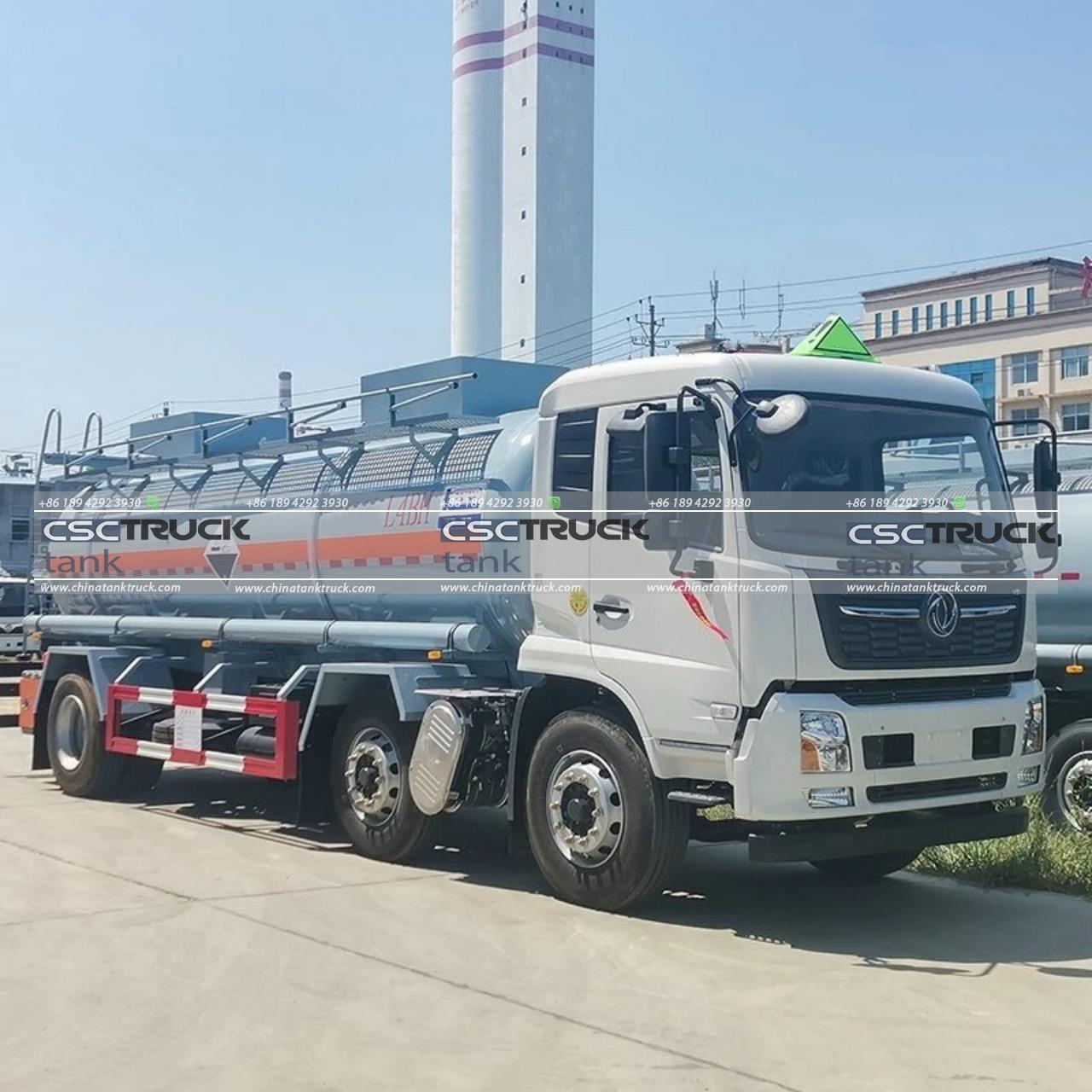South Korea is witnessing significant advancements in its chemical transport sector, driven by the expansion of corrosive tank trucks. These specialized vehicles, designed to safely transport highly corrosive substances, are playing a crucial role in bolstering the country’s chemical supply chain.
The growing demand for chemicals, particularly in industries such as manufacturing, pharmaceuticals, and agriculture, has fueled the need for more advanced transportation solutions. Corrosive tank trucks are specifically designed to handle dangerous liquids and materials that could pose serious risks to both the environment and human health if not properly managed.
To meet these growing demands, South Korean companies are investing in state-of-the-art corrosive tank trucks, which come equipped with enhanced safety features such as double-walled tanks, pressure relief valves, and advanced leak detection systems. These trucks are built to withstand the harsh nature of the substances they transport, ensuring that there are minimal risks of contamination or spills during transit.

The expansion of corrosive tank trucks is also being supported by the South Korean government, which is tightening regulations to improve safety standards in the chemical transport industry. As part of this effort, authorities are offering incentives for companies that upgrade their fleets to comply with stricter environmental and safety requirements.
Industry experts predict that the demand for corrosive tank trucks will continue to rise, driven by South Korea’s position as a key player in the global chemical market. With an increasing focus on sustainability and safety, the expansion of these specialized trucks is expected to help facilitate more efficient and secure chemical distribution across the nation.
As the industry grows, the role of corrosive tank trucks in shaping South Korea’s chemical logistics infrastructure becomes more vital, contributing to both economic growth and environmental protection.

